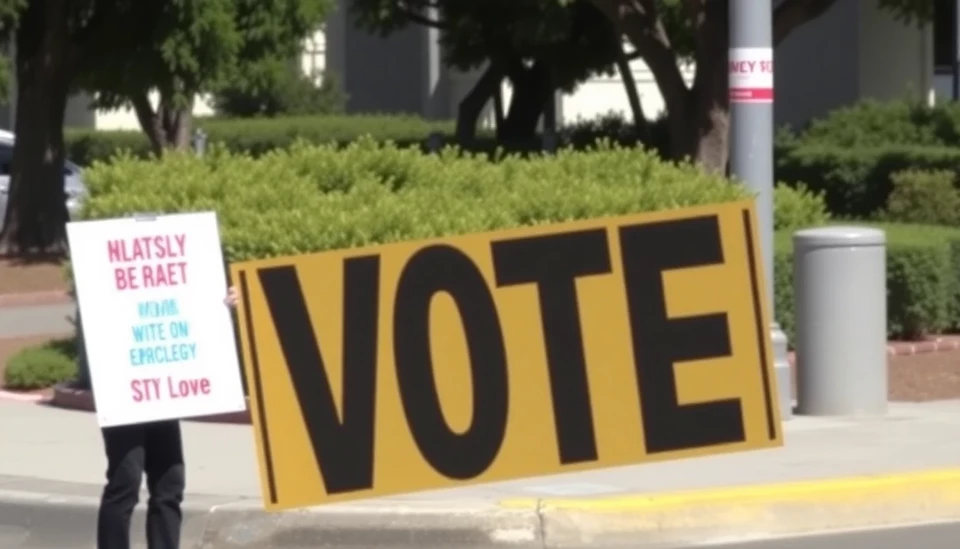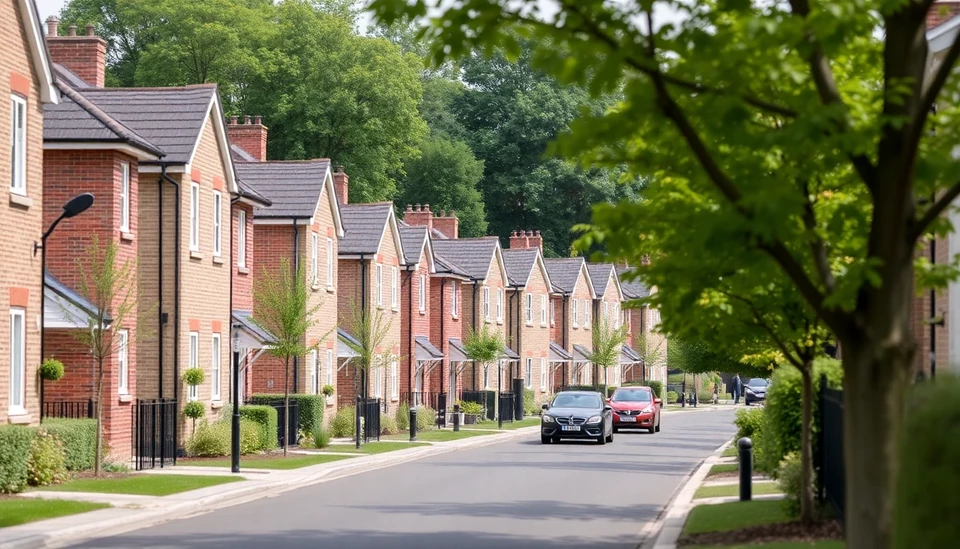
In a significant decision that reflects a growing trend in energy policy debates across the United States, voters in Berkeley, California, have chosen to reject a proposed ordinance aimed at taxing natural gas usage in residential and commercial buildings. The measure was put to the public as part of the city’s broader initiative to reduce greenhouse gas emissions and promote cleaner energy alternatives.
The residents of Berkeley voiced their opinions during the recent elections, where the proposed tax, which would have imposed a charge on the consumption of natural gas, failed to receive the necessary approval. Proponents of the tax argued that it would serve as a financial incentive for residents and businesses to transition to renewable energy sources, such as electricity generated from solar or wind. The move was positioned as a crucial step in combating climate change and aligning the city with California's ambitious environmental goals.
However, despite the potential environmental benefits, the tax measure faced significant pushback from various stakeholders, including local businesses and residents concerned about the financial impact. Many argued that imposing such a tax would lead to increased costs for heating and cooking, disproportionately affecting lower-income households. This concern ultimately played a vital role in shaping voter opinions, leading many to question the practicality of the proposed tax while weighing its ecological intentions against immediate economic implications.
The outcome of this vote highlights the complexities surrounding energy policy in urban settings, especially as local governments across the nation grapple with balancing environmental initiatives with economic realities. Critics of the tax described it as an additional burden in an era where many families are already feeling financial strain due to rising costs of living and inflation pressures.
In the aftermath of the rejection, environmental advocates are left reassessing their strategies for promoting the transition to clean energy within the community. Without the tax incentive, the pathway toward achieving the city’s environmental goals may necessitate a different approach, potentially focusing more on educational campaigns about renewable alternatives and energy efficiency improvements, rather than financial penalties on existing practices.
As the debate over energy use continues, Berkeley’s decision may serve as a case study for other cities facing similar proposals. The growing conversation around energy taxation and consumption suggests that local governments must carefully consider public sentiment and economic impacts when crafting policies aimed at tackling climate change.
The rejection of the natural gas tax in Berkeley signals a pivotal moment in the ongoing dialogue about energy consumption, environmental responsibility, and the economic realities that shape these discussions. As cities across California and beyond continue to explore policies to meet climate goals, the experiences and outcomes in places like Berkeley will likely inform future strategies and initiatives.
In conclusion, as energy policies evolve, community engagement will remain crucial in navigating the dual aim of fostering a sustainable future while ensuring economic feasibility for all citizens.
#Berkeley #NaturalGasTax #ClimateChange #EnergyPolicy #SustainableLiving #LocalElections
Author: Peter Collins
